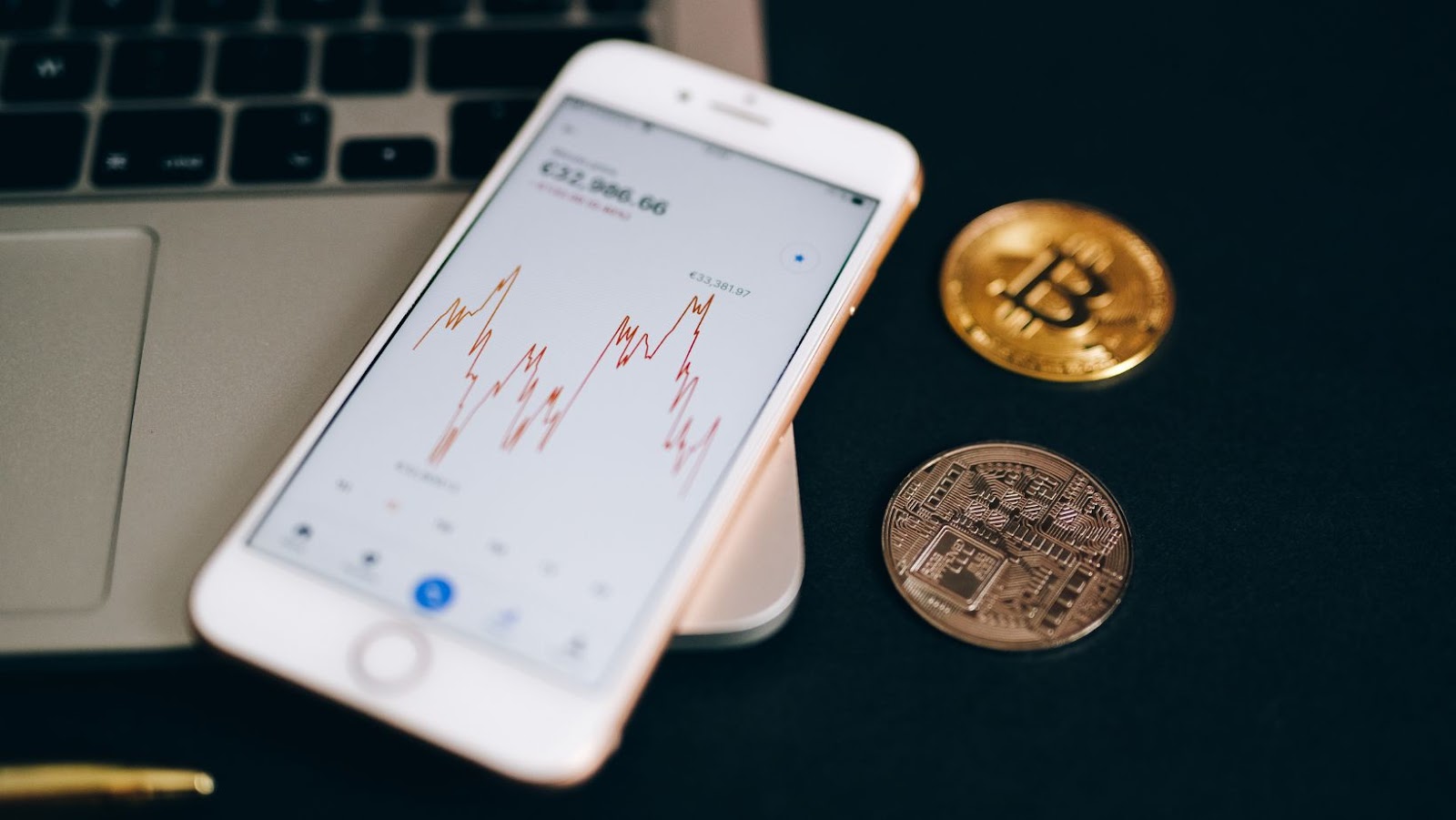Crypto wallets hold the private keys you must use to access your cryptocurrency from a blockchain to spend it, use it in some way, or make some kind of modifications to your tokens or smart contracts. Private keys are essentially like a password that accesses these functions for the cryptocurrency you own that is held on a crypto blockchain network platform.
The way they work is every private key is part of a public key / private keypair. The public key is your address that other cryptocurrency users can use to send you crypto funds, tokens, non-fungibles, and smart contracts. The public key cannot be used to access your funds the way private keys do. It can only be used to “push” crypto to your address for that public key, and it cannot be used to pull crypto from your address. Only your private key can do that.
Because private keys are so important to the security of your cryptocurrency on a crypto blockchain network platform, it is vital to secure them so that no one can use your private keys to access your digital assets but you or someone to whom you have entrusted your private keys to use them on your behalf. That’s why crypto wallets were invented. Crypto wallets keep your private keys safe in a secure digital, hardware, or physical wallet so that others cannot access them, but you can whenever you want to use them to spend or make changes to your crypto.
Before going on to outline and summarize how most crypto wallets work, it is important to note that centralized crypto exchanges (CEX) and blockchain depository institutions (like Gemini) where you keep crypto funds in an account hold your private keys for you. That is a measure of convenience that makes it easier and faster to buy, hold, sell, and trade crypto.

Holding your crypto with a CEX or centralized crypto brokerage firm comes with a tradeoff, however, of less control over your funds, because these kinds of centralized fintech institutions are custodial and hold their users’ private keys for them instead of releasing them to the user.
So when you buy some crypto with BinanceUS or Kraken, they have your provided keys and there is no crypto wallet. They just keep track with their own proprietary databases of whose accounts on how much of the crypto the company keeps in custody for its customer base.
Some diehard crypto enthusiasts believe this is not an entirely secure way to keep your crypto.
Scams, hacks, and insolvencies could lead to losing your crypto this way. Many crypto investors found this out the hard way in 2022 when a large number of crypto custodian companies were found to be insolvent and didn’t actually have all the money they led their customers to believe they had. That is why many serious crypto investors and users say, “Your keys, your crypto. Not your keys, not your crypto.”
So when you take responsibility for the custody of your own private keys, you keep control over your crypto in your own hands, instead of turning it over to a third party that you must trust to remain solvent, maintain security, and do right by you and keep hold of your crypto for you.
However, when you keep custody of your own private keys, you must be self-reliant about remaining solvent yourself and maintaining the security of your keys. That’s where crypto wallets come in.
A crypto wallet works by securing your private keys in a device of some kind so that no one can access them but you when you are ready to use them. For those looking to ensure the highest level of security, choosing the number one crypto wallet is essential. The simplest crypto wallet is simply your private key and private key seed generators written on a piece of paper and kept in a fireproof safe in your home.

There are also physical cold wallets available for sale online that use little metal pieces or something else fireproof like carbon fiber that you can use to remember your private keys and store securely in a home safe.
More sophisticated wallets include digital crypto wallets and hardware wallets. You can install a digital or “hot wallet” on your smartphone or personal computer, and it will hold your private keys in a secure application on your computing device for you. The risk with hot wallets is that they are on Internet-connected devices. So they are more apt to be hacked than a hardware “cold wallet” that stores your private keys in an electronic, but non-Internet connected device.
Examples of these include Ledger Wallet, Trezor Wallet, and Exodus. Actually, Exodus makes entire blockchain smartphones that include electronic, Internet-connected hardware wallets for your crypto— but can also run full nodes to mine and send transaction orders to the blockchain right from your phone.